Pandemic Affiliated Stressors
With change, stress, and uncertainty comes many questions and worries. Since the pandemic of the COVID-19 began, there has been an increased threat of mental illnesses. There are not stressors solely from attempting to stay healthy and uninfected, but there are new economic and financial burdens, along with the side effects of being socially isolated. Not only are there severe effects for those already suffering from extreme anxiety or depression but those who had not been recently affected are now bearing the tolls of this outbreak. Although this is scary and overwhelming, it is NORMAL!! Figuring out the best way to acknowledge and cope with the emotions and stress affiliated with a pandemic is the best thing that we can all be doing for ourselves.
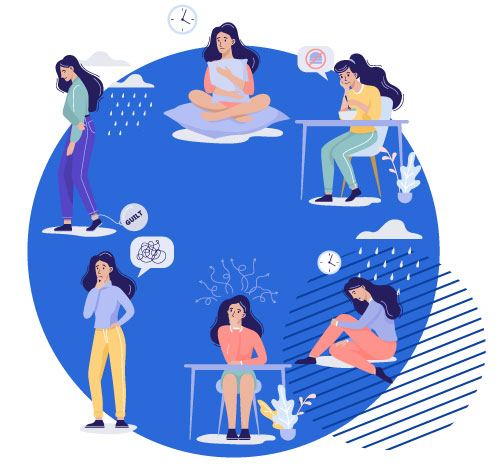
Proactively figuring out the best way to acknowledge and cope with the emotions and stress affiliated with this pandemic is essential.
Recognizing Stress
The Centers for Disease Control and Prevention (CDC) has recently added a page dedicated to help people navigate through the stressors that come with an infectious disease outbreak. This page includes what these stressors can look like, and how to cope with some of them. The CDC mentions that any person, of any age, can be emotionally and mentally affected by such a thing; however, it is important to realize that healthcare workers, children, and older people are all going to respond differently.
The CDC also emphasizes that stress can look different in different individuals, including not being able to sleep at night, changing in sleeping patterns or eating patterns, not being able to concentrate throughout the day, and also consuming more alcohol and/or drugs.
Providers & Secondary Traumatic Stress
It is especially important for providers in the healthcare system to take good care of their body and mind because of how much time and energy they are devoting to others. Secondary traumatic stress is a common response for providers during times of disease epidemics. In a survey published in Jama Network of heath care workers in hospitals treating patients with COVID-19 in China, providers reported experiencing psychological burden, especially nurses, and frontline health care workers directly engaged in the diagnosis, treatment, and care for patients with COVID-19.
The CDC defines secondary traumatic stress as “the set of reactions and symptoms resulting from exposure to other individual’s traumatic experiences, rather than from exposure directly to a traumatic event.” This is important for providers to recognize because although a traumatic experience may not have been endured physically, the mental state of the provider may be affected similarly to that of a first hand traumatic experience. Some signs & symptoms of Secondary Traumatic Stress include physical fatigue or illness and as well as feelings of fear, withdrawal, and guilt. Providers should not be afraid to acknowledge, cope and ask for help and/or guidance in the treatment of some of the symptoms that come with secondary traumatic stress.
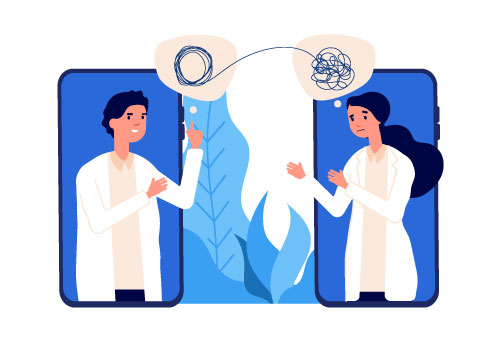
Need help? Know someone who does?
If you, or someone you care about, are feeling overwhelmed with emotions like sadness, depression, or anxiety, or feel like you want to harm yourself or others
- Call 911
- Visit the Disaster Distress Helplineexternal icon, call 1-800-985-5990, or text TalkWithUs to 66746
- Visit the National Domestic Violence Hotlineexternal icon or call 1-800-799-7233 and TTY 1-800-787-3224
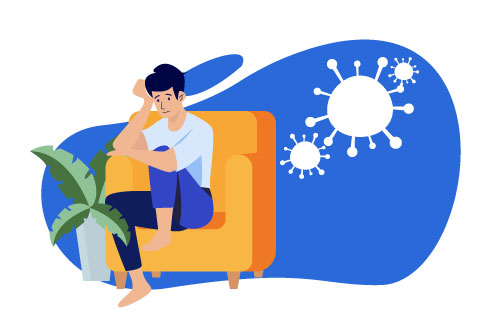
Mental Effects of Social Isolation
As for those who are obeying all the warnings from the government to stay at home as much as possible, not visit family or friends, and are listening to the pleas of all the healthcare workers to stay home…this is no easy task either. There have been many studies which show the negative consequences of perceived or actual social isolation.
Julianne Holt-Lunstad, a psychologist at Brigham Young University, found that social isolation is actually more detrimental to an individual’s health than obesity (Holt-Lunstad, 2015). Social isolation is extremely powerful, and during a time when many Americans are experiencing some kind of social isolation, it is important to recognize and address this as a health concern.
We are all in this together
With all of this in mind, it is important to recognize that more comes to the surface than the disease, during a pandemic. We can all play a part in dealing with the stress and anxiety that comes with the effects of the pandemic. Don’t be afraid to ask others for help, and look into getting help in order to deal with your stress and/or anxiety. Although we are physically separated, there are ways to help feel like we are connected and, in the fight, together!
Tips to Stay Mentally Fit
During these trying times it is important to take extra precautions to maintain a strong mental mindset. Review and share the following tips to reduce anxiety and alleviate symptoms of depression.
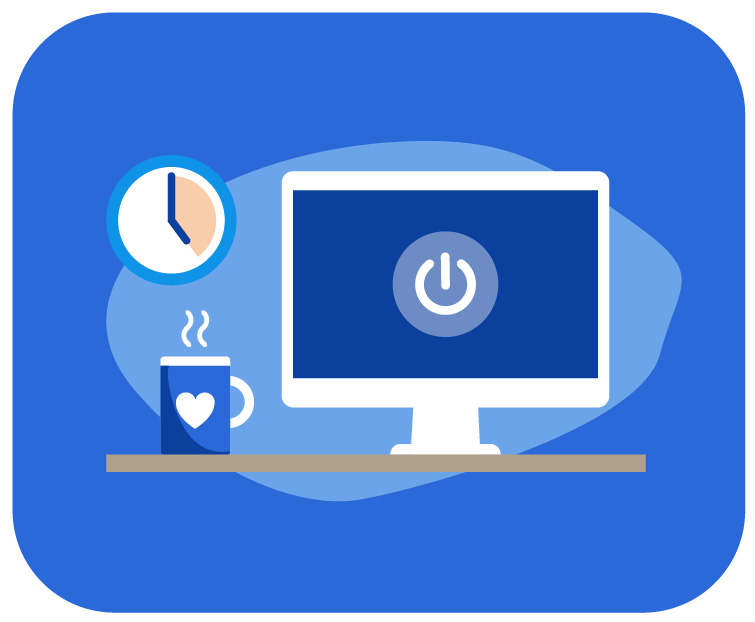
Take breaks from watching, reading, or listening to news stories, including social media. Hearing about the pandemic repeatedly can be upsetting.

Take care of your body.

Take deep breaths, stretch, or meditate

Try to eat healthy, well-balanced meals.
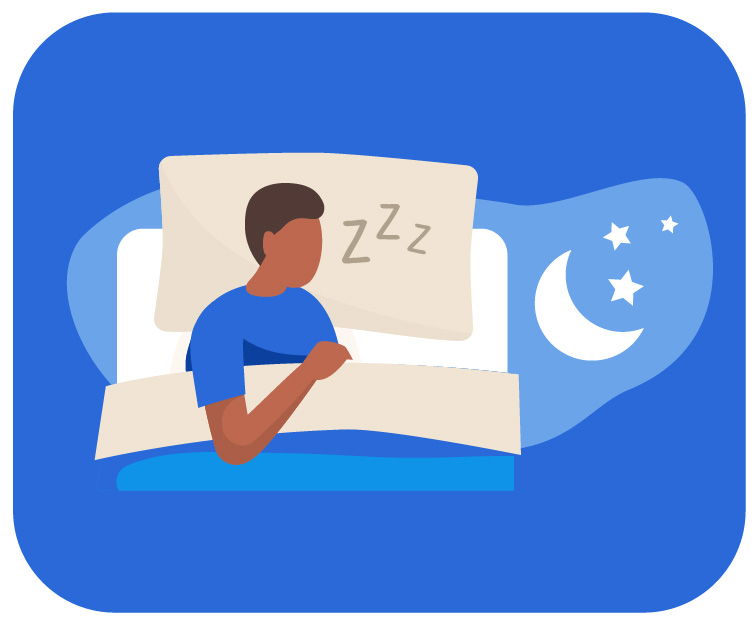
Exercise regularly, get plenty of sleep.
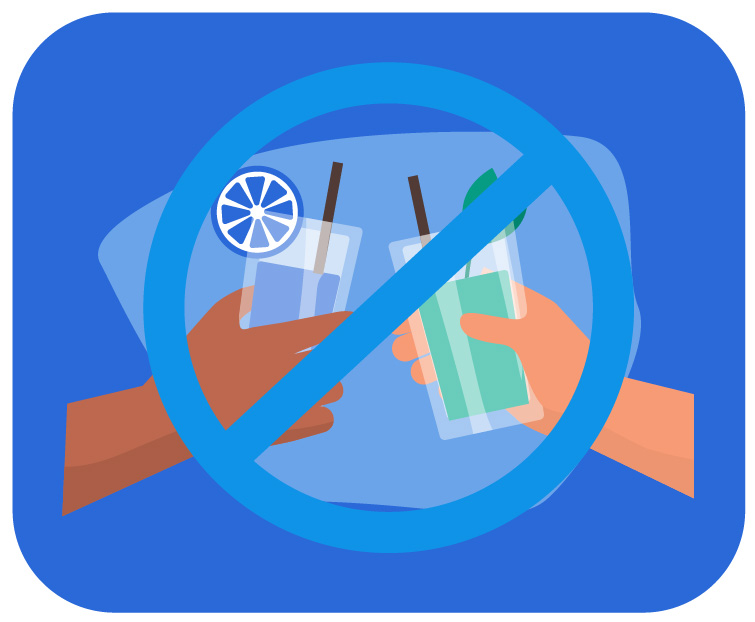
Avoid alcohol and drugs

Make time to unwind. Try to do some other activities you enjoy.

Connect with others. Talk with people you trust about your concerns and how you are feeling
Written by Madeline Beaulieu
References:
Mental Health and Coping During COVID-19. (2020, April 1). Retrieved from https://www.cdc. gov/coronavirus /2019-ncov/daily-life-coping/managing-stress-anxiety.html#stressful
Holt-Lunstad, J., Smith, T. B., Baker, M., Harris, T., & Stephenson, D. (2015). Loneliness and Social Isolation as Risk Factors for Mortality: A Meta-Analytic Review. Perspectives on Psychological Science, 10, 227–237.
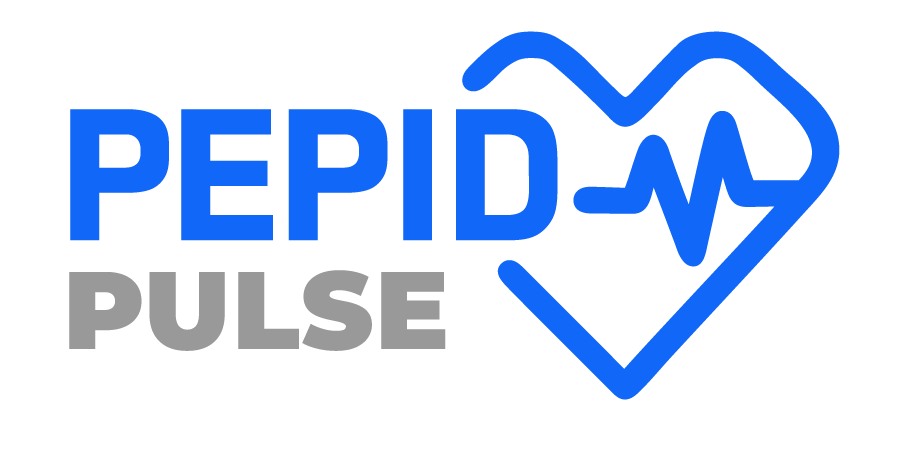
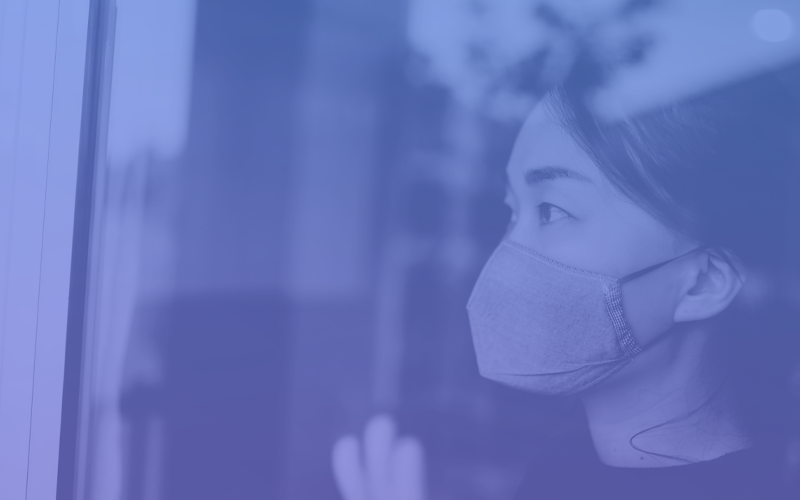
Trackbacks/Pingbacks